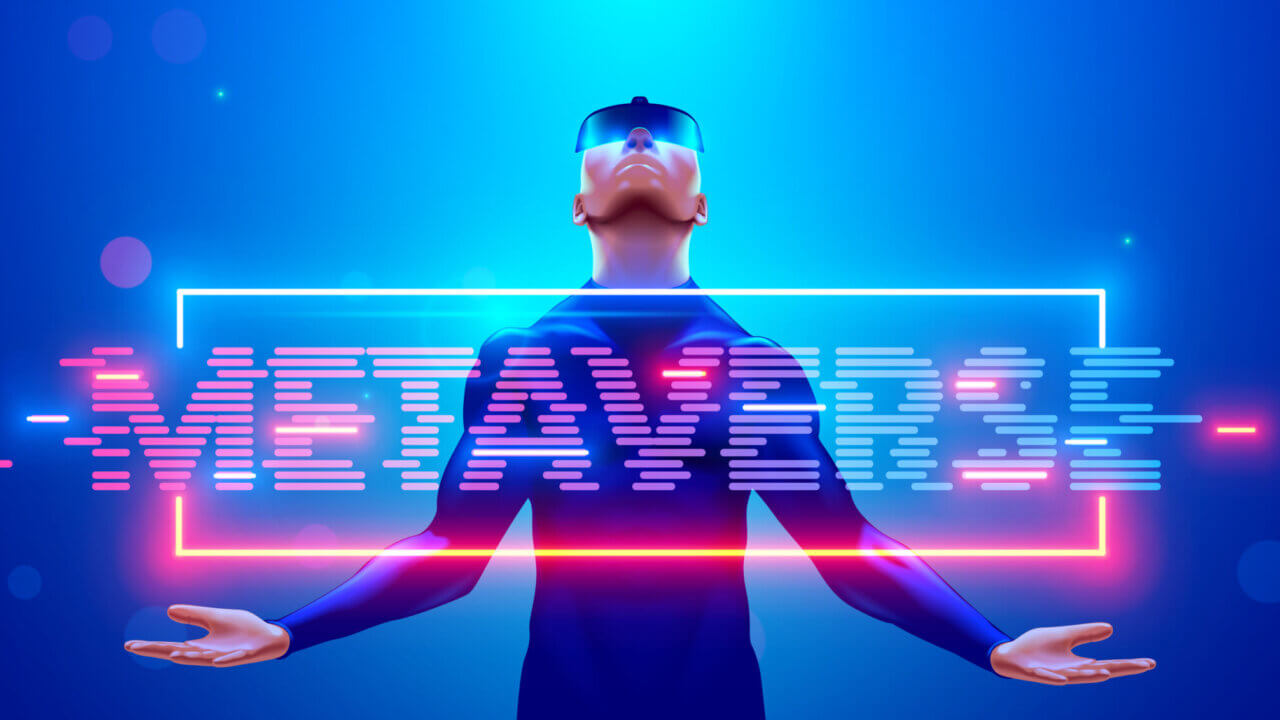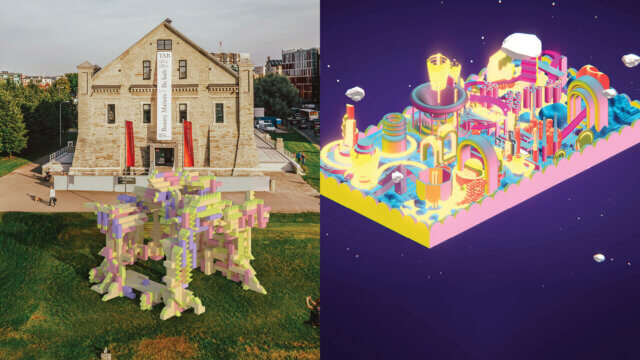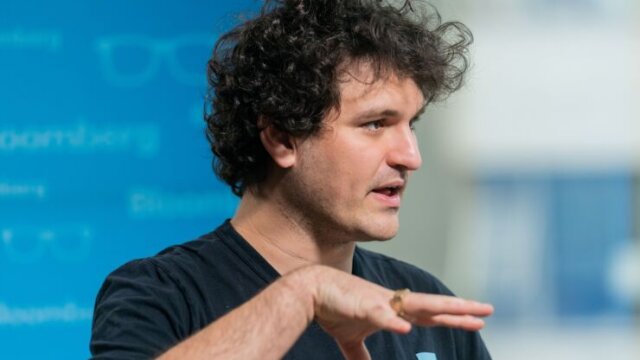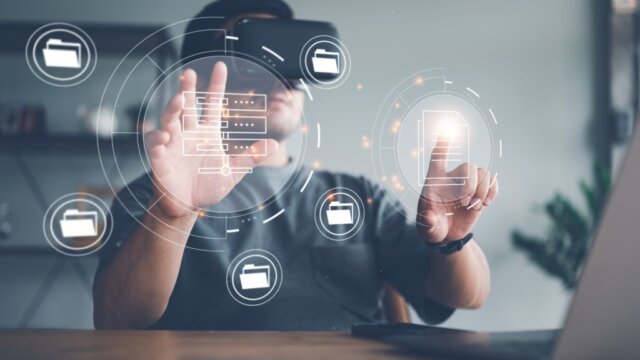As technology continues to advance, the way in which we consume and interact with media is changing. The traditional boundaries between politics, entertainment, and media are becoming increasingly blurred, leading to the emergence of a new landscape referred to as the metaverse. This new era of TV politics and the metaverse is having a profound impact on our society and the way we interact with the world around us.
The Emergence of TV Politics
The rise of TV politics can be traced back to the mid-20th century, when television first became a widespread form of media. With the advent of television, politicians were suddenly given the opportunity to reach millions of people with their message, making it an indispensable tool for political campaigns. Over the years, the use of television in politics has become increasingly sophisticated, with politicians using it to manipulate public opinion, deliver speeches, and engage with voters.
Today, TV politics has reached a new level of sophistication, with the rise of reality TV and social media. With reality TV, politicians are able to create a more personal connection with voters, showing them a side of themselves that is often hidden from the public. Meanwhile, social media platforms like Twitter and Facebook have given politicians the ability to reach millions of people with a single message, making it easier than ever to spread their message and engage with voters.
The Emergence of the Metaverse
The metaverse is a term that refers to a virtual world created by the convergence of virtual reality, augmented reality, and other advanced technologies. It is a world where people can interact with each other in real-time, regardless of physical location. The metaverse is seen as the next step in the evolution of the internet, and it is expected to have a profound impact on society, changing the way we live, work, and play.
The emergence of the metaverse is also having a major impact on politics. In the metaverse, politicians are no longer limited by the constraints of the physical world. They can interact with voters in a virtual environment, giving them the ability to reach millions of people with their message. This new form of communication is expected to revolutionize the way in which politicians engage with voters, making it easier for them to reach new audiences and gain support.
The Future of TV Politics and the Metaverse
As technology continues to advance, it is clear that the intersection between TV politics and the metaverse will only continue to grow. The rise of virtual and augmented reality technologies, along with other advanced technologies, will make it possible for politicians to reach millions of people with their message, and for voters to interact with them in new and exciting ways.
It is important to note that the rise of TV politics and the metaverse will not be without its challenges. There are concerns about the impact that these new technologies will have on privacy, security, and the ability of politicians to manipulate public opinion. However, it is clear that the future of politics and media is being shaped by these new technologies, and it will be fascinating to see how they continue to evolve over time.
The Impact of TV Politics and the Metaverse on Society
The rise of TV politics and the metaverse is having a profound impact on society, shaping the way we interact with the world and each other. With the ability to reach millions of people with a single message, politicians have more power than ever to shape public opinion and influence the decisions of voters.
However, this newfound power comes with its own set of challenges. The manipulation of public opinion through the use of advanced technologies is a growing concern, as it undermines the democratic process and threatens the stability of our society.
Another challenge posed by the rise of TV politics and the metaverse is the erosion of privacy. As we move more of our lives online, our personal information becomes increasingly vulnerable to exploitation. The rise of virtual and augmented reality technologies only adds to this concern, as they can be used to collect vast amounts of data on individuals and their behavior.
The Need for Regulation
Given the challenges posed by the rise of TV politics and the metaverse, it is clear that there is a need for regulation to ensure that these technologies are used in a responsible and ethical manner. Governments and other regulatory bodies must work together to establish guidelines for the use of these technologies in politics, protecting the privacy of individuals and ensuring the stability of our society.
In addition to regulation, it is also important for individuals to be vigilant and proactive in protecting their privacy and ensuring that the technologies they use are used in a responsible and ethical manner. This means being mindful of the data we share online, limiting the amount of personal information we make available to others, and being critical of the sources of information we consume.
Conclusion
The rise of TV politics and the metaverse is transforming the way we interact with the world and each other. While these technologies have the potential to bring us closer together and improve our lives, they also pose a number of challenges that must be addressed. With the right balance of regulation and individual responsibility, we can ensure that these technologies are used for the benefit of society, and not to its detriment.












